CHAINS
BHT offers Galvanized & SS chains for use in various applications such as barricading, lifting, securing, packing, etc. Available in different diameters and lengths.
As a premier provider of fall protection, safety equipment and gear for at-height workers, industry, and construction, BHT offers a range of ropes & lifting equipment to service the needs of a variety of commercial industries, including cell tower maintenance, tower and steel construction, oil and gas, wind generation, commercial construction, manufacturing, maintenance, and more.
Showing all 9 results
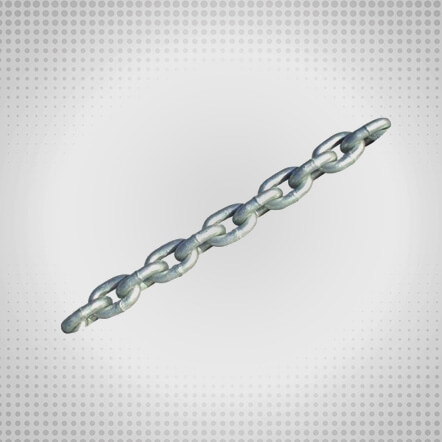

Manila hemp is a type of fiber obtained from the leaves of the abacá. Manila rope is very durable, flexible, and resistant to salt water damage, allowing its use in rope, hawsers, ships’ lines, and fishing nets.[1] It can be used to make handcrafts like bags, carpets, clothing, furniture, and hangings.
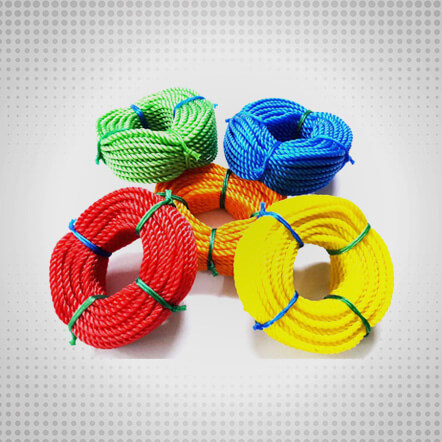
Nylon is the strongest of all ropes in common use. It is used for absorbing shock loads, such as when lifting or towing. It also has good abrasion resistance and can last several times longer than natural fibres. It is also resistant to oil and most chemicals. Nylon is ideal for use as bow-to-stern towing hawsers, surge lines, mountain climbing ropes, safety lines, lariat ropes, boat falls, drop hammer ropes, target tow rope, fishing ropes and industrial slings.

Polypropylene ropes are popular for their versatility, cost, strength and color. The ropes are widely used in cynology, water sports (for their ability to float on the water), gardens, boating and yachting. Climbing and safety nets are made from these ropes.

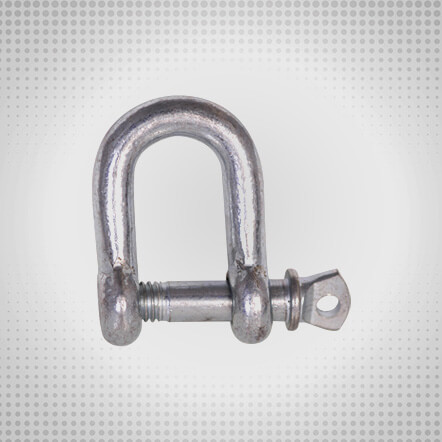
A shackle is a U-shaped piece of metal secured with a clevis pin or bolt across the opening, or a hinged metal loop secured with a quick-release locking pin mechanism. D-shackles are narrow shackles shaped like a loop of chain, usually with a pin or threaded pin closure. D-shackles are very common and most other shackle types are a variation of the D-shackle.
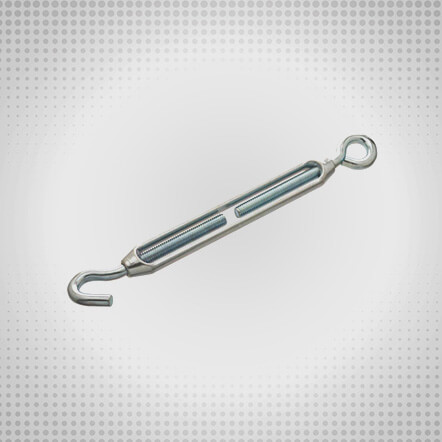
A turnbuckle, stretching screw or bottlescrew is a device for adjusting the tension or length of ropes, cables, tie rods, and other tensioning systems. The tension can be adjusted by rotating the frame, which causes both eye bolts to be screwed in or out simultaneously, without twisting the eye bolts or attached cables
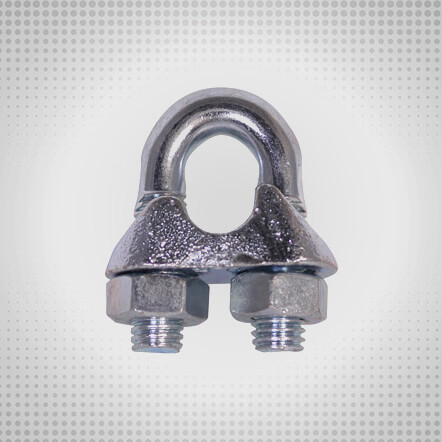
A wire rope clamp, also called a clip, is used to fix the loose end of the loop back to the wire rope. It usually consists of a U-shaped bolt, a forged saddle, and two nuts.

Wire rope is several strands of metal wire twisted into a helix forming a composite “rope”. Wire ropes are used dynamically for lifting and hoisting in cranes and elevators, and for transmission of mechanical power. Wire rope is also used to transmit force in mechanisms.